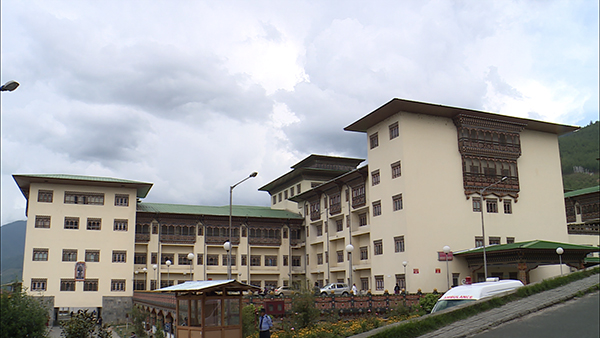 A research is being carried out to see if the women in the country will take up Human Papilloma Virus testing by self sampling.
A research is being carried out to see if the women in the country will take up Human Papilloma Virus testing by self sampling.
Health officials say Bhutanese women are reluctant to come for Pap smear, which otherwise is the method used to detect cervical cancer.
“In HPV testing, we see which woman has HPV infection. The women are taught to take out the sample themselves with a brush. Once they have taken the sample, they are supposed to break the brush into half and put it in a tube,” said JDWNR Hsopital’s Gynecologist, Dr. Ugyen Tshomo.
The tube is then taken to the National Referral Hospital, put into machine, from where a report is generated in three to four hours.
About 90 tubes go into the machine at a go.
At the moment, the health officials are carrying out the research in 16 remote places in Dagana, Trashigang, and Samdrup Jongkhar, among others.
These places have been identified given the low coverage of Pap smear.
A local in Dagana, Tshomo said she was reluctant to come forward to do Pap smear, earlier. “Today, we did not feel shy, since it is self sampling.”
Another local, Seesti Subba said the process is convenient.
HPV testing through self sampling is costlier than Pap smear.
So far, more than 1,800 women have undergone the self sampling test.
International research on cancer is funding the research.









